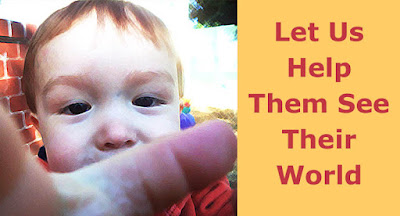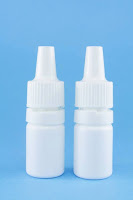Pediatric Glaucoma

Normal eyes have pressure. Glaucoma is the abnormal elevation of eye pressure with resultant ocular and optic nerve injury causing loss of vision. Childhood glaucoma develops in 1 out of 10,000 children. Pediatric glaucoma is very different from adult glaucoma. Pediatric glaucoma has many causes: Genetic (e.g. congenital glaucoma, infantile glaucoma, juvenile glaucoma) Following cataract surgery (aphakic glaucoma) Due to ocular inflammation (iritis) Trauma Malformations of the eye (Axenfeld-Rieger, aniridia, Peters anomaly) Diseases which affect the rest of the body (Sturge-Weber Syndrome, Lowe Syndrome, congenital rubella) There is a normal physiologic flow of fluid out of the eye. Glaucoma occurs when this drainage is impeded by abnormal development or injury to the porous drainage tissues. Childhood glaucoma may be of primary genetic origin or occur secondary to other pediatric eye diseases. A wide variety of systemic diseases may cause childhood glaucoma and must be
